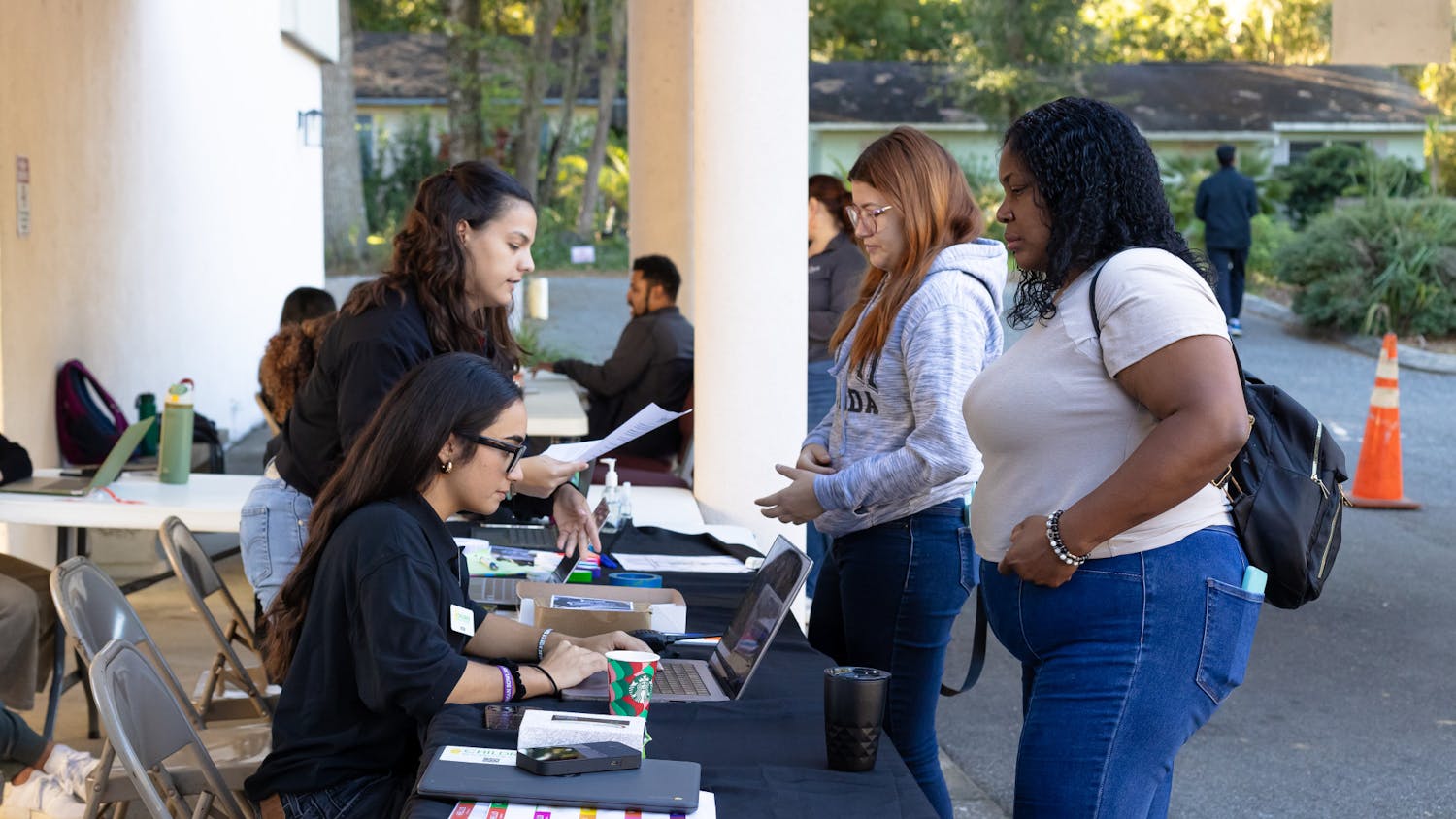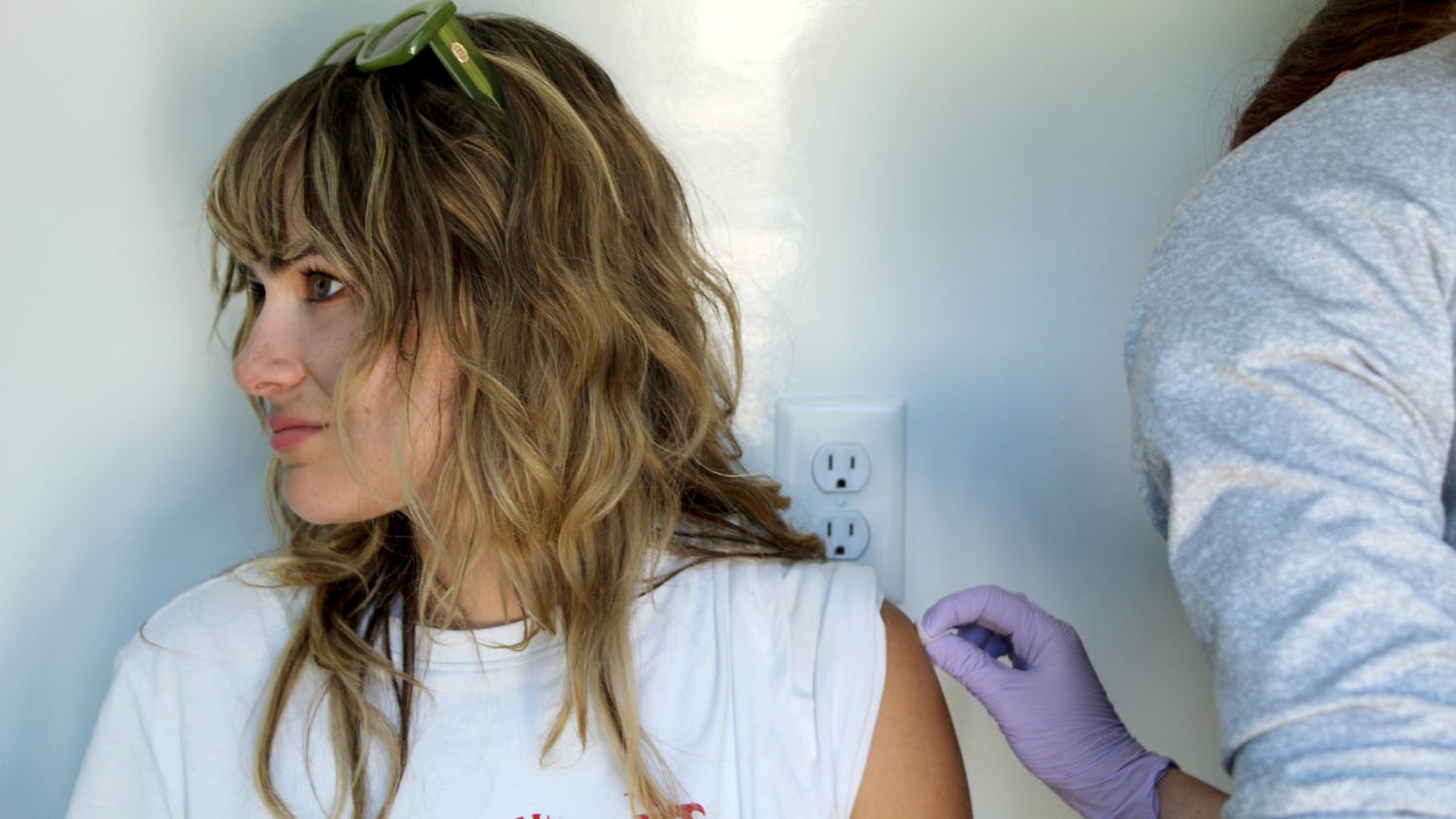Last week, Andrew Silver wrote a column in which he argued that veganism should be considered a religion so that vegans would have a civil right to refuse vaccinations. While I appreciate Silver’s interesting perspective on the issue, his column failed to address crucial aspects about vaccinations and the value they hold in our society.
Silver begins his column by defending a former vegan employee of an Ohio hospital for refusing to get a flu vaccine. The employee, who worked for Cincinnati Children’s Hospital, claimed she was exercising a religious right and shouldn’t be forced to take a shot that contains egg products.
Both Silver and the former employee fail to realize that refusing to vaccinate is not a personal decision that only affects one person. It is a choice that can have potentially life-threatening ramifications for other people, especially in a hospital filled with newborns and sick patients. The employee may have a right to her own beliefs, but she has no right to work in a hospital if she shows such little respect for the health and well-being of the people in it.
This is why every person who can safely receive a vaccination should do so, regardless of their “religious” beliefs. When the vast majority of people are vaccinated, we protect vulnerable members of society — like babies, pregnant women, and people undergoing cancer treatments — from catching a disease and becoming severely ill. This concept is called “herd immunity,” and it’s the only protection available to the unvaccinated.
People with immune disorders, egg allergies and organ transplants are also unable to receive vaccinations. They, too, rely on the vaccinated to prevent highly contagious diseases from spreading in the first place.
Unfortunately, due to the “personal choices” of those who decide not to receive vaccinations, completely preventable illnesses are threats once again.
The most recent measles outbreak, which is presumed to have originated in Disneyland, has already affected at least 145 children and adults in California, seven other states, Canada and Mexico. This isn’t surprising news, considering that almost 8 percent of California kindergartners did not receive the required vaccinations against measles, mumps and rubella last year.
In his column, Silver doesn’t seem too concerned about the rapid spread of a disease that was once virtually eradicated in the U.S. He apparently finds it reassuring that “only 141 people” have been affected by measles last week, and that the outbreak has been “limited to certain areas.”
Measles can cause deadly complications including pneumonia, brain damage, respiratory and neurological complications and damage to the nervous system. It is also highly contagious, affecting 90 percent of vulnerable people who come in contact with the virus. The fact that even a few people caught this infection is reason enough to be alarmed.
If every capable child and adult had been vaccinated for measles, this outbreak would not have occurred. Silver, however, argues that “consciously accepting chicken parts in a measles shot is as unethical as accepting eggs and bacon for breakfast.”
I understand Silver’s objection to receiving a shot that has cell cultures from chick embryos, but I do not understand why he thinks that objection is more important than public health and safety. And while we’re on the subject of ethics, how is it ethical to jeopardize the only form of immunity that vulnerable members of society have against contagious diseases?
Personal beliefs should not be an excuse for knowingly putting the health of other people at risk. I encourage Silver and those who agree with him to remember that getting vaccinated is not just our choice. It’s our responsibility.
Moriah Camenker is a UF public relations senior. Her column appears on Tuesdays.
[A version of this story ran on page 6 on 2/24/2015 under the headline “Choose public health over personal belief”]




